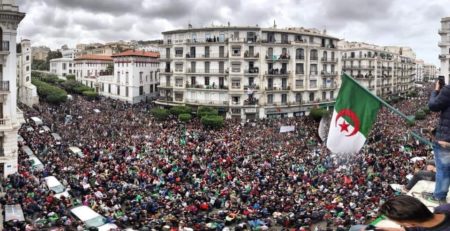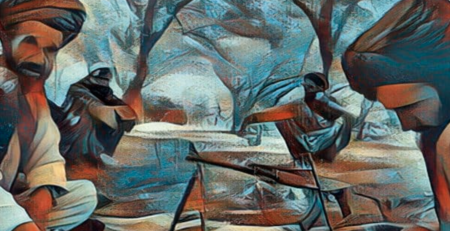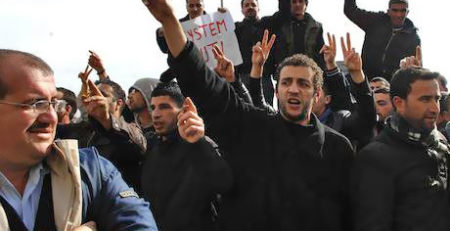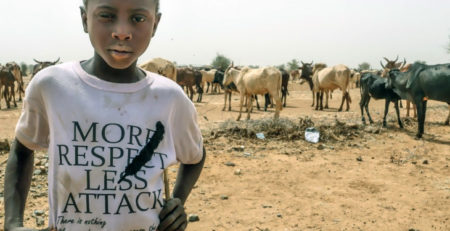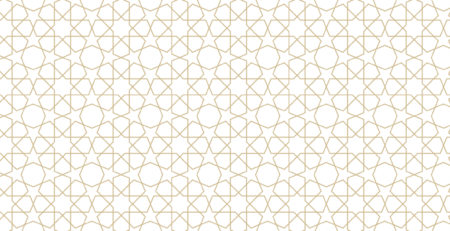Shaikh Mahmoud Bouzouzou: a Man of Dialogue
We are commemorating the 13th anniversary of the death of Shaikh Mahmoud Bouzouzou, who passed away on 27 September 2007. Shaikh Bouzouzou was a member of the Board of Trustees of CPI (formerly Cordoba Foundation of Geneva) from 2002 till his death. He registered CPI at his home, Chemin Moïse-Duboule 23, from its inception until 2004 when the Institute found its own offices…
by Abbas Aroua
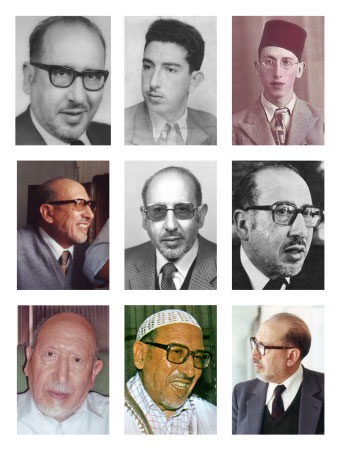 by Abbas Aroua
by Abbas Aroua
We are commemorating the 13th anniversary of the death of Shaikh Mahmoud Bouzouzou, who passed away on 27 September 2007. Shaikh Bouzouzou was a member of the Board of Trustees of CPI (formerly Cordoba Foundation of Geneva) from 2002 till his death. He registered CPI at his home, Chemin Moïse-Duboule 23, from its inception until 2004 when the Institute found its own offices. Shaikh Bouzouzou also bequeathed to CPI his rich multilingual library composed of several thousand volumes covering various fields (religious sciences, literature, arts, history, philosophy, law and political, economic and social sciences), which he had built over 40 years.
Shaikh Mahmoud Bouzouzou was born on 22 February 1918 in Bejaïa, Algeria, and spent part of his youth in Constantine. After completing his studies, he devoted himself to teaching and helped found private schools to teach Arabic, a language fought against by the colonial power. He was one of the senior officials of the Algerian Muslim Scout Movement (SMA) in the mid-1940s. As General Guide of the SMA he contributed to the training of a whole generation of militants for the national cause. He was also one of the pioneers of committed journalism through his writing in the “Al-Bassaïr” and “Al-Manar” newspapers. “Al-Manar”, which he directed, was in the early 1950s an effective forum for political awareness and the fight against the French occupation.
Shaikh Mahmoud Bouzouzou’s nationalist positions caused him much trouble: prison and torture, then expatriation. He went into exile first in Morocco, then in Europe, where he visited several cities before settling in Geneva, where he dedicated himself to the service of the community, and to the teaching of the Arab language and Islamic religion and civilization.
In his last intervention in the media [1], in 2006, on the occasion of the “Danish cartoons crisis”, he declared that “this crisis reveals two scourges which threaten humanity: injustice towards the Other and ignorance of the Other” and stated that “wisdom commands us to recall and emphasize that our differences constitute a treasure offering us the unique chance to enrich each other. And in that way, to build bridges in order to bring us closer to one another”, before concluding that “it is the duty of each of us, whatever our convictions, to make the necessary effort not only to know the Other, but also to recognize them and do them justice in all circumstances.”
Shaikh Mahmoud Bouzouzou was a follower of the “golden mean” and hated extreme positions. He was wise in his dealings with others. He had a vast culture and openness to the Other. What I will remember most from Shaikh Mahmoud Bouzouzou, whom I had the privilege of meeting regularly for the last two decades of his life, is the importance he placed on science and action. A useful science intertwined with beneficial action, as well as his love for books.
On the occasion of the commemoration of the 13th anniversary of his death, CPI has published a collection [2] of more than 500 pages bringing together a selection of the contributions of Shaikh Mahmoud Bouzouzou, in Arabic and French, written during a period spanning from the 1940s to 2006. The volume also contains articles published in the written press and on news sites as well as studies carried out on this man of dialogue.
References
[1] Ayons la sagesse de concilier les valeurs sacrées ! Mahmoud Bouzouzou, Tribune de Genève, 11 février 2006. Disponible en ligne sur : https://bit.ly/3hMgLKV
[2] Œuvres de Cheikh militant Mahmoud Bouzouzou. Textes réunis par Abbas Aroua. Cordoba Peace Institute – Geneva, août 2020. Disponible en ligne sur : https://bit.ly/3iQ0K8d







